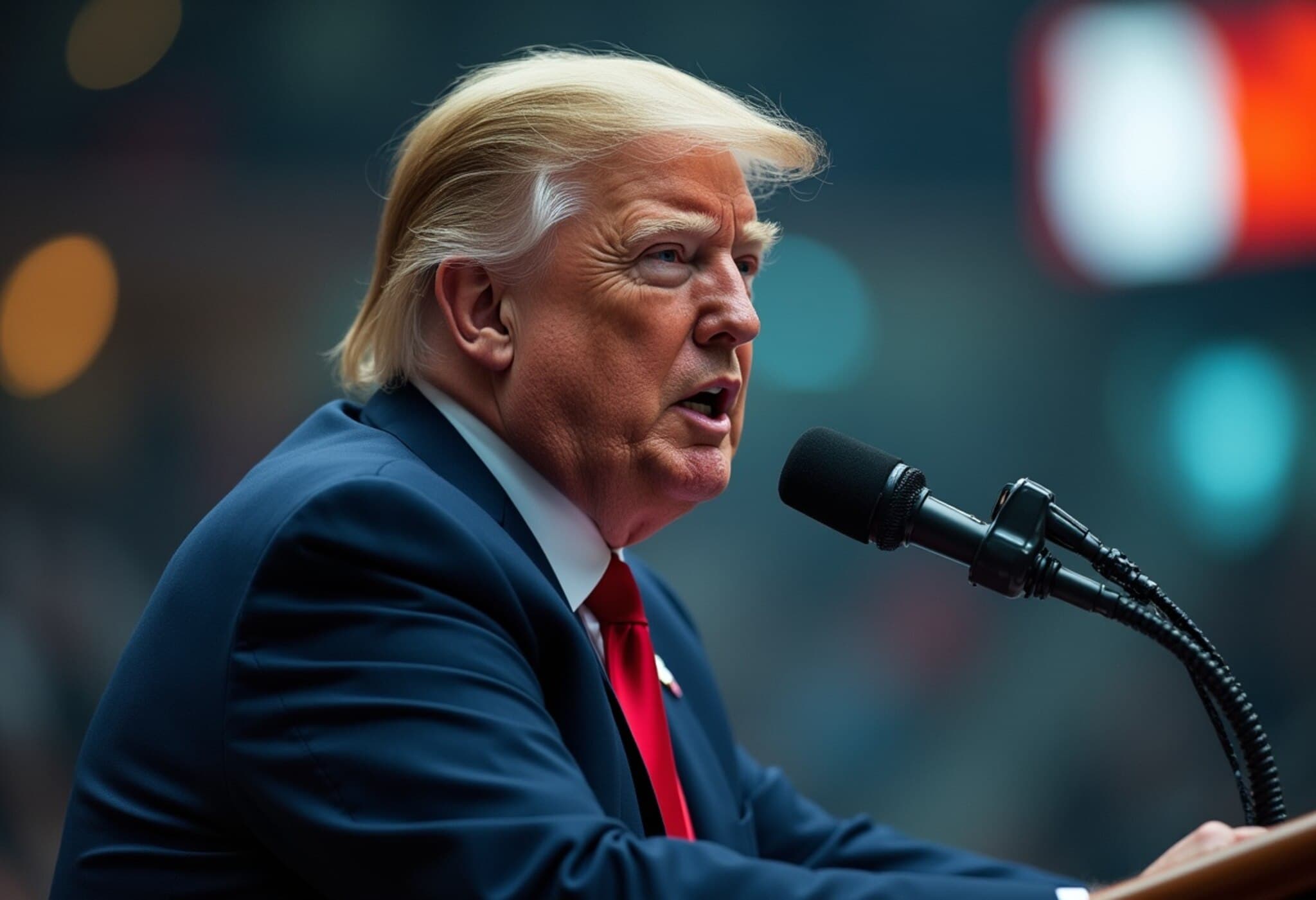The Rising Threat of Deepfake Candidates in Remote Job Market
In an age where remote work has become a staple, a new and alarming phenomenon is taking root: deepfake AI-generated job applicants are slipping through recruitment processes to secure remote jobs, posing significant risks to American companies and national security alike.
Prevalence of Deepfake Candidates in Hiring
According to a survey conducted by a leading career platform involving 1,000 U.S. hiring managers, about 17% have encountered fake candidates employing deepfake technology during video interviews. This rapidly growing trend is not just a minor anomaly; Gartner, a top research and advisory firm, anticipates that by 2028, one in four job applicants worldwide could be fraudulent. The proliferation of such candidates threatens to erode trust in remote recruitment systems.
How Easy Is It to Craft a Deepfake Candidate?
Experts emphasize the alarming simplicity behind creating deepfake job seekers. Vijay Balasubramaniyan, CEO of voice authentication startup Pindrop Security, remarks, "It’s incredibly straightforward. All you need is a static photo or video of another person plus a few seconds of their voice recording to generate convincing deepfakes." This ease is turbocharged by the surge in remote work, which has unintentionally opened doors for these artificial candidates to infiltrate organizations worldwide.
National Security Concerns: The North Korean Connection
While such fraudulent candidates may emerge from various regions, recent investigations have highlighted a surge in deepfake applicants linked to North Korea. In May 2024, the U.S. Department of Justice revealed that over 300 American companies had unknowingly hired impostors connected to North Korea for remote IT roles, resulting in more than $6.8 million funneled overseas. These impostors utilized stolen American identities and sophisticated virtual networks to conceal their locations.
Aarti Samani, an AI deepfake fraud prevention specialist, stresses the gravity: "When sanctioned nations’ actors secure these jobs, it’s more than just fraud — it becomes a national security risk. The salaries paid help fund illicit activities abroad, inadvertently channeling resources to adversarial regimes." This convergence of cybersecurity, economics, and geopolitics underlines the complexity of the threat.
Impact on U.S. Job Seekers and the Hiring Process
The rise of deepfake applicants doesn’t just pose security dangers; it disrupts employment opportunities for genuine candidates. Roger Grimes, seasoned computer security consultant, explains, "Fake candidates elongate hiring timelines, inflate recruitment costs, and make it harder for real applicants to compete fairly." The suspicion fostered by these frauds can result in qualified applicants being overlooked due to fears they might be deepfakes themselves.
Strategies to Combat Deepfake Fraud in Hiring
Confronted with this challenge, experts advocate for the implementation of advanced verification tools to authenticate candidate identities robustly. Dawid Moczadlo, co-founder of Vidoc Security Lab, who shared a viral encounter with a deepfake interviewee, warns, "If unchecked, the infiltration of fake candidates will worsen. There is an urgent need for reliable technology that confirms if a person is genuinely who they claim to be." This could involve multi-factor biometric authentication, sophisticated AI-driven deception detection, or leveraging blockchain for identity validation.
The Broader Implications for Employers and Policymakers
Employers must navigate this delicate landscape carefully, balancing vigilance with fairness, to avoid squandering opportunities on fraudulent hires while safeguarding equitable access. From a policy perspective, governments could consider enhancing regulations and funding research to fortify defenses against deepfake-enabled fraud, especially as remote work cements itself globally.
Conclusion
As technology evolves rapidly, so too do the methods of deception that threaten the integrity of hiring in the digital era. Deepfake AI candidates are not a distant sci-fi threat but an immediate challenge demanding coordinated action among businesses, cybersecurity experts, and regulators. Recognizing this threat is the first step in safeguarding employment ecosystems and national security alike.
Editor's Note
The infiltration of deepfake job applicants underscores the blurred lines between technological innovation and exploitation. For American companies and policymakers, this presents a dual challenge: harnessing AI’s benefits while defending against its misuse. As deepfakes become more sophisticated, the question remains—how do we strike the balance between opportunity and security without sacrificing trust in the global remote job market?



















